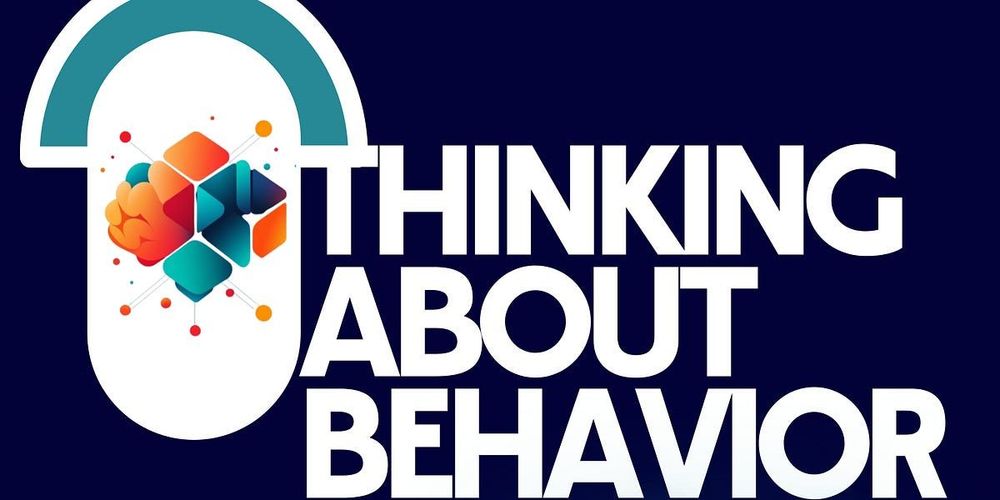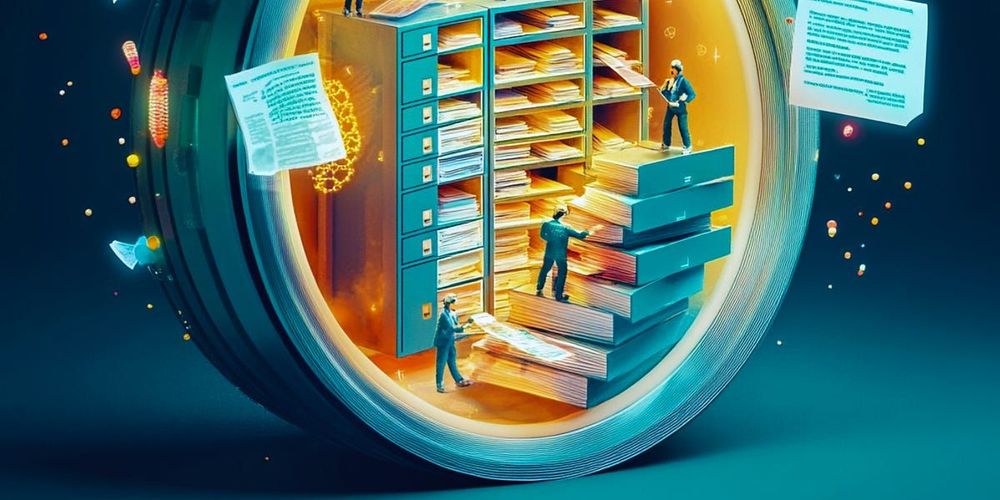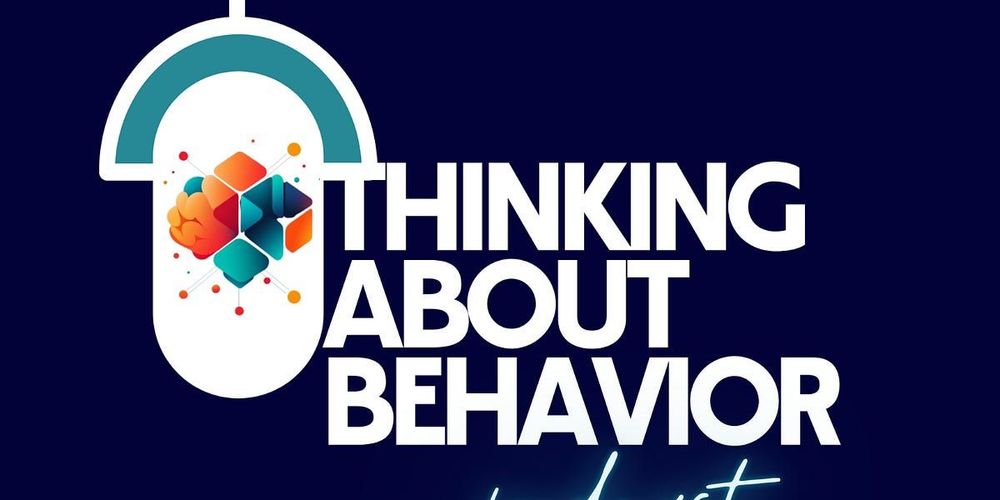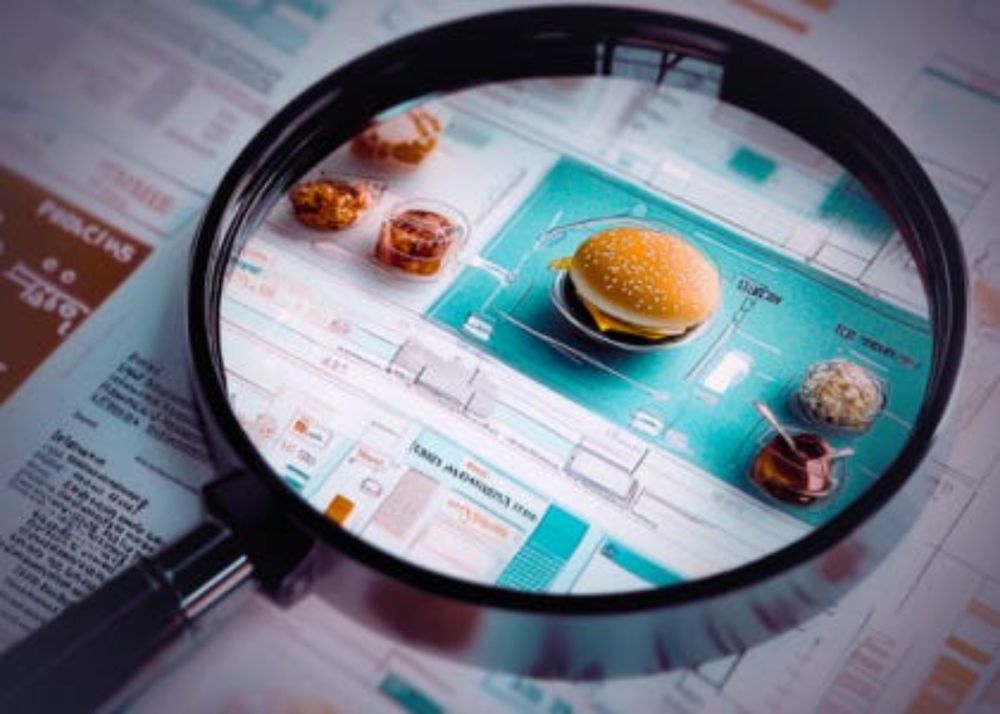
Thinking About Behavior
@thinkaboutbehavior.bsky.social
Deep dives into behavioural science—decoding complex research into digestible insights for anyone curious about how human decisions shape the world around us.
thinkingaboutbehavior.substack.com
thinkingaboutbehavior.substack.com
thinkingaboutbehavior.substack.com/p/ep-4-how-t... #behaviorchange #behavioralscience #behaviorchangewheel

Ep. 3: How the Behaviour Change Wheel organises behavioural thinking
A deep dive into COM-B and the Behaviour Change Wheel—for those who know the names but haven’t explored the details
thinkingaboutbehavior.substack.com
April 8, 2025 at 12:01 PM
A recent study revealed that calorie labeling raised awareness but didn't reduce caloric intake. It emphasizes that knowledge must operate within a supportive system to drive change, highlighting the need for more effective use of knowledge for behavior change.
buff.ly/yRUm3pQ
buff.ly/yRUm3pQ

April 8, 2025 at 11:46 AM
A recent study revealed that calorie labeling raised awareness but didn't reduce caloric intake. It emphasizes that knowledge must operate within a supportive system to drive change, highlighting the need for more effective use of knowledge for behavior change.
buff.ly/yRUm3pQ
buff.ly/yRUm3pQ
Reposted by Thinking About Behavior
After 100 years of studying the common cold, we understand it better, but we are suffering just as much as back then. And much of the 1925 advice is still remarkably pertinent: buff.ly/Zyg1xtu


April 8, 2025 at 5:36 AM
After 100 years of studying the common cold, we understand it better, but we are suffering just as much as back then. And much of the 1925 advice is still remarkably pertinent: buff.ly/Zyg1xtu
Reposted by Thinking About Behavior
Research by Glickman & Sharot reveals how human–AI interactions increase human bias—AIs tend to amplify biases, and humans, unaware of the extent of their influence, become more susceptible to it, which then triggers a snowball effect: https://buff.ly/3BDDvNc

December 20, 2024 at 9:18 AM
Research by Glickman & Sharot reveals how human–AI interactions increase human bias—AIs tend to amplify biases, and humans, unaware of the extent of their influence, become more susceptible to it, which then triggers a snowball effect: https://buff.ly/3BDDvNc
Reposted by Thinking About Behavior
For anyone interested in ontologies and their application to behavioural and social sciences (a niche group now but hopefully mainstream in a few years), here's an intro to the next phase of the Human Behaviour Change Project - called APRICOT wellcomeopenresearch.org/articles/9-7...
wellcomeopenresearch.org
December 20, 2024 at 9:20 AM
For anyone interested in ontologies and their application to behavioural and social sciences (a niche group now but hopefully mainstream in a few years), here's an intro to the next phase of the Human Behaviour Change Project - called APRICOT wellcomeopenresearch.org/articles/9-7...
Last week, a new study on calorie labelling in England revealed an important finding: while the policy increased awareness of calorie content, it didn’t lead to measurable reductions in caloric intake. Let's take a closer look! #behaviorchange
thinkingaboutbehavior.substack.com/p/does-knowl...
thinkingaboutbehavior.substack.com/p/does-knowl...

Does knowledge change behaviour?
Lessons from a recent study on calorie labelling
thinkingaboutbehavior.substack.com
December 19, 2024 at 3:35 PM
Last week, a new study on calorie labelling in England revealed an important finding: while the policy increased awareness of calorie content, it didn’t lead to measurable reductions in caloric intake. Let's take a closer look! #behaviorchange
thinkingaboutbehavior.substack.com/p/does-knowl...
thinkingaboutbehavior.substack.com/p/does-knowl...




















